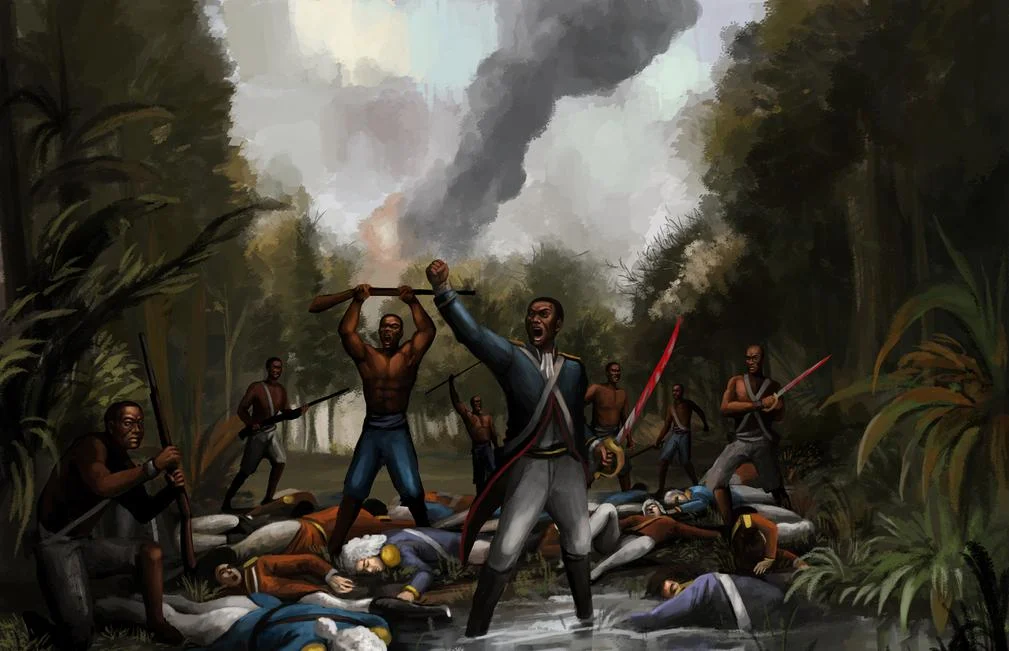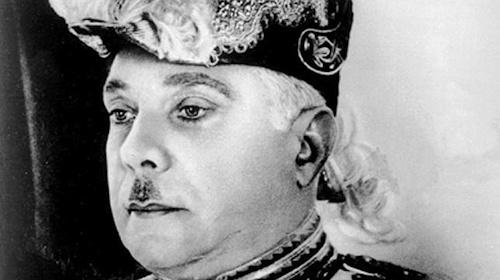Courtesy of King Flex Entertainment
After watching Tariq Nasheed’s “1804”, a documentary commemorating the Haitian Revolution, it brought to mind the primary reason for their successful overthrow of the French Colonizers. The number one reason for their victory was their identification with the traditional African Spirituality and Ancient African Ancestors.
This is one of the major reasons why black people in America and abroad do not have real power and have not unified. In the Black cultural community, it is popular to make comparisons with our community to the Jewish and various Asian communities, but the most common fact that is ignored in these comparisons is the presence of a common culture within those groups. When there is a common culture that is distinctly different from the dominant culture in an area, the people develop businesses and institutions to serve their people organically. This is due to the inability of the dominant culture to provide those services to that community. The consequence of this cooperation is the ability to protect oneself and community. During the Haitian Revolution, the Africans on the island was able to put aside both tribal and religious differences and unified around the core principles of traditional African Religions. This enabled the people to clearly distinguish themselves from the French and their culture which was the true enemy of the people.
Painting of Ogun Ritual that set the tone for the Hatian Revolution
When an oppressed group understands that not only is their individual survival is under attack, but the survival of their ancestral culture is also at stake, the call to action is much stronger. Perhaps this is the reason why rebellions led by Nat Turner and Denmark Vesey were ultimately unsuccessful.
After the Haitians were victorious over the French, many of the other colonial powers took action to prevent this from happening in their colonies. The British in America put laws in place like banning hand drums to prevent slaves from long distance communication and the practice of traditional systems. The Spanish took a different approach, by treating their slaves like family, and reducing some of the harsh tactics imposed on earlier generations. This move by the Spanish played a pivotal role in why many Puerto Ricans, Dominicans of African descent do not identify as black. The Spanish provided incentives to encourage Spanish citizens to move to their colonies to “whiten” them up and make slaves identify Spain as their ancestral home and not Africa.
RAFAEL TRUJILLO, Leader of Dominican Republic in the 1930s responsible for an estimated 20,000 Hatians deaths.
This has been the most affective form of divide and conquer that black people has experienced.
Even with the presence of large wealthy black institutions such as the Christian church, Black people still have not managed to unify and establish a foundation that will fortify and thus protect black people financially and to some degree physically. Part of the reason for this, is the lack of traditional cultural practices that are distinct from the dominant culture.
This is the next frontier in the Black liberation movement. Economic and Political empowerment will not happen without this ingredient. The Haitians being the only slave population to overthrow their oppressors is a testament to that.




